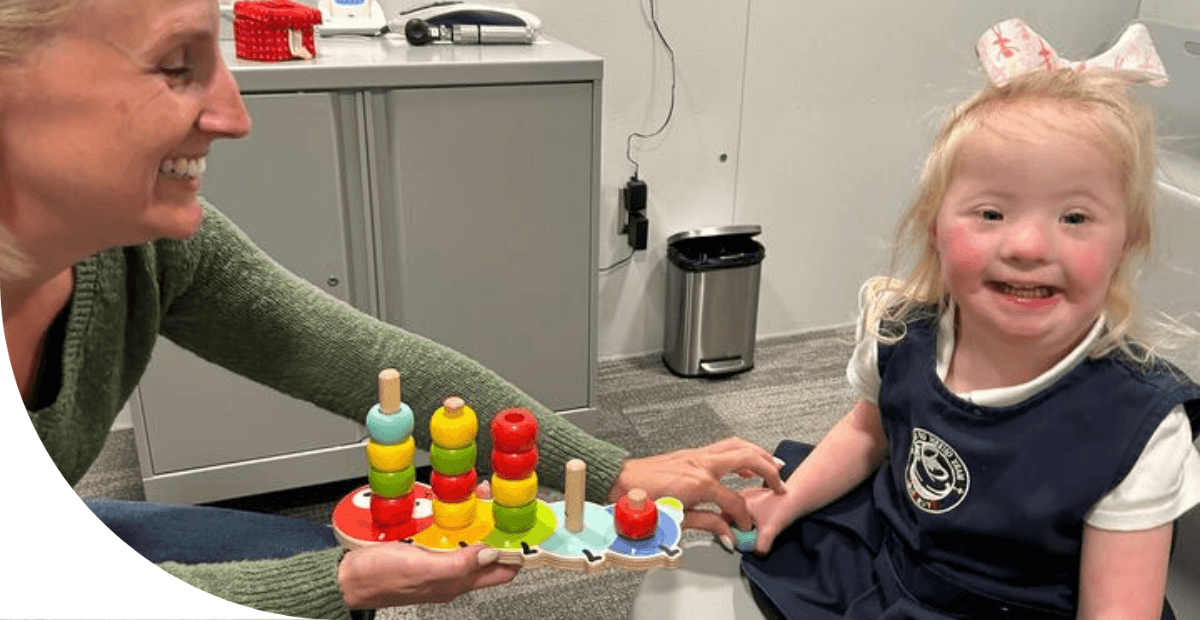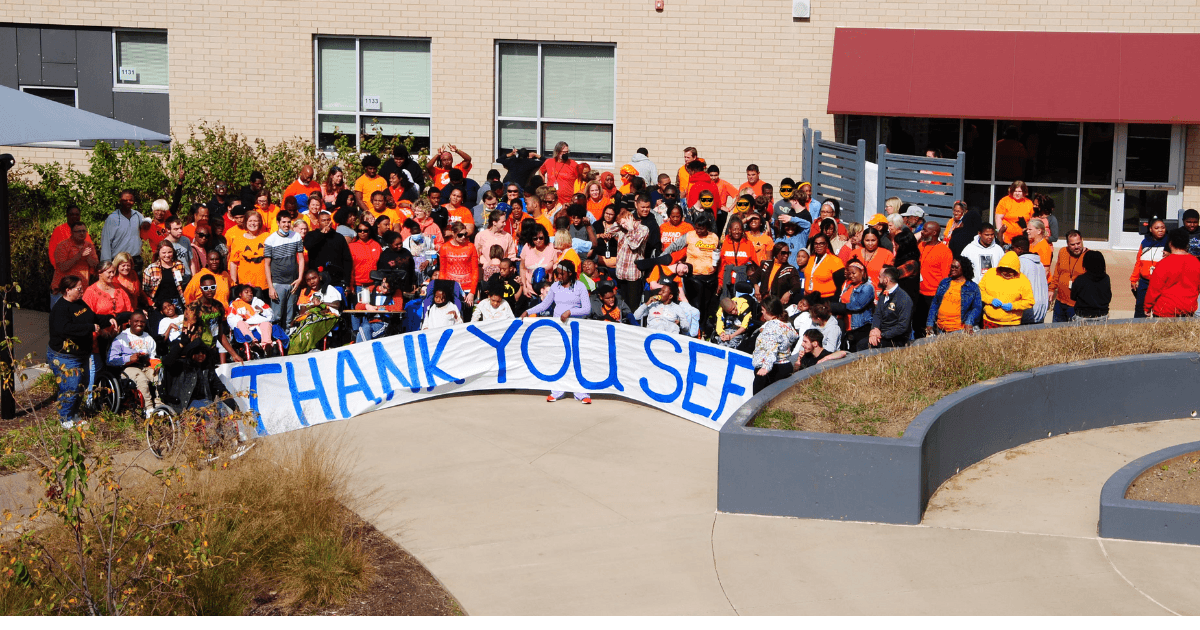
International Week of the Deaf is celebrated by the World Federation of the Deaf (WFD) and its national associations and their affiliates globally during the last full week of September (Monday through Sunday), culminating with International Day of the Deaf on the last Sunday of the week.
The WFD is an international organization composed of 130 national associations of the deaf that, in collaboration with the United Nations, serves all countries with focus on improving human rights of deaf persons, the status of national sign languages, access to education, and access to information technology and services. The National Association of the Deaf (NAD) represents the United States as an affiliate member of the WFD.
The WFD today encourages its national associations and their affiliates to celebrate International Week of the Deaf by focusing on the theme of Human Rights through Sign Languages. This focus gives greater attention to deaf culture and the achievements of deaf people, portrayed in a positive way.
In the United States, celebration of International Week of the Deaf is held throughout the year, not only during the last full week of September. Events can range from a themed exhibit in the corridor of a school to a full week of activities scheduled throughout a given city. Performing artists, lectures, art exhibits, film festivals, historical exhibits, Deaf Festivals, booths in area shopping malls, cultural activities held in conjunction with sporting events — these are just a sampling of past events held across the nation.
Objectives
- Gain greater understanding of the American deaf and hard of hearing community and its culture and heritage.
- Learn about sign language as an essential human right and how it is growing in popularity across the United States.
- Find out about resources within your community, e.g., sign language classes.
- Discover ways to promote the human rights of deaf people and access to education and technologies.
The right to a free, appropriate public education remains unrealized by many children who are deaf or hard of hearing. Direct and uninhibited language and communication access to the curriculum, and all facets of the schooling experience are essential for a deaf or hard of hearing child to achieve equality of opportunity and an appropriate education.
Lawmakers, school districts, community leaders, parents and others must be reminded about the importance of providing equal educational opportunities for deaf and hard of hearing children.
Colleges, universities and other post-secondary programs are also required to make their programs accessible to their deaf and hard of hearing students. Access is an individualized process and can be realized in a variety of ways.
The National Association of the Deaf (NAD) is actively involved in providing information about opportunities available for educating deaf and hard of hearing children, challenges that deaf and hard of hearing people encounter with high-stakes testing, and the legal obligations of public and private schools, post-secondary programs, colleges, and universities. Learn more at www.nad.org

